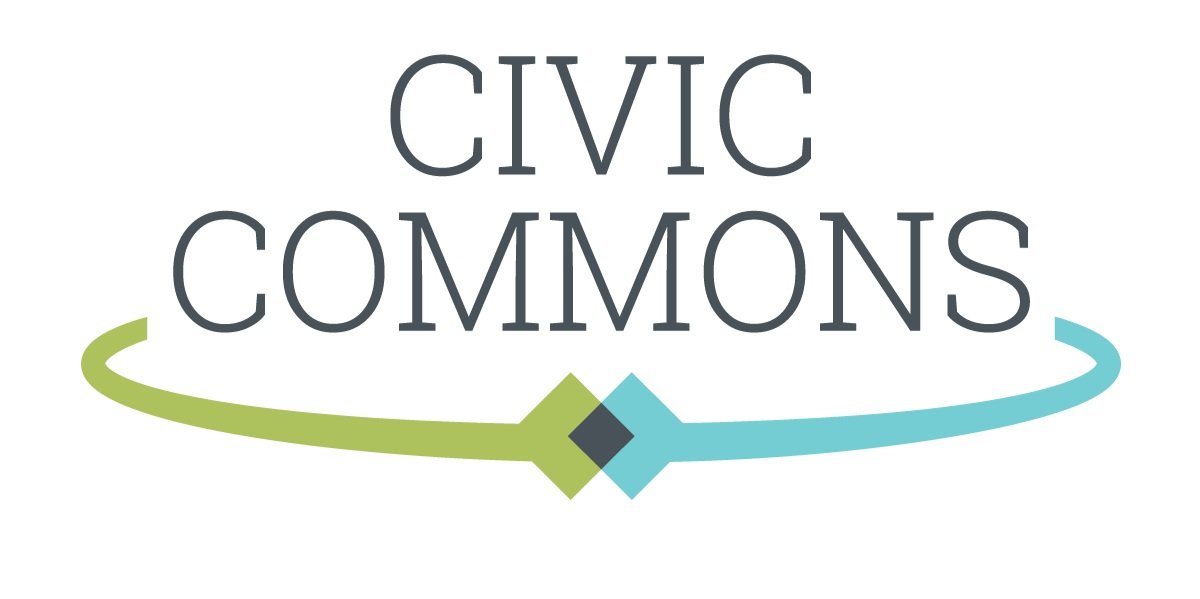Practicing Belonging: Advocacy
By Frank Nam, We Belong Here Project Director
One of the 4 practices in the Greater Seattle Compact for Belonging is Advocacy. In the compact, we introduce the practice this way:
…an advocate is someone who lends their support, usually publicly… When we advocate for others, we are working towards building common ground and accessibility for all.
The practice of advocacy starts with self-advocacy. So, how do you advocate for yourself? How do you build common ground internally? How do you create accessibility for yourself?
In a previous podcast, Elizabeth Ralston and I discussed internalized ableism as two people who are impacted by hearing loss. Elizabeth is deaf and I have single-sided deafness (SSD). This is a condition I was born with but never really confronted as a part of me until my early 30’s. I never advocated for myself. If I couldn’t hear, I would move to another side of the room or table. I wouldn’t speak up if someone refused to use the microphone in a large gathering. As I got older, I realized that SSD was a part of me and I needed to ask others to do things for me to feel like a whole person in challenging spaces. This is where the practice of Advocacy starts.
In a Harvard Business Review article, Rachel Montañez discusses the question of how to advocate for oneself in the workplace. She advises the audience to start at finding clarity in what you want for yourself in your career. She asks the audience to delve into the following questions:
What are your strengths?
What gives you vitality, and what drains you?
What environment empowers and enables you to do your best work?
As I get older, the answers to these questions have become more and more clear but you don’t have to wait to reach your 50’s to get there. I encourage you to start asking yourself these questions now and explore ways to integrate the answers to these questions into your lifestyle.
Furthermore, you can apply these questions to the art of advocating for others as well. When you advocate for someone else, consider their strengths, what energizes them, and how they are best enabled.
Here are some other tips to help you advocate for others:
Do your homework. Read about the person or issue you want to advocate for. Look at the past before you support the future.
Be in a relationship with the person or issue. Ask them the clarifying questions above or get involved in an organization that you care about.
Big or small. Advocacy can be something as grandiose as marching in the street or as simple as writing someone a recommendation letter. It all counts.
For more information about the 3 Values and 4 Practices of the Greater Seattle Compact for Belonging, please visit our website for the Greater Seattle Compact at: webelonghere.org.

